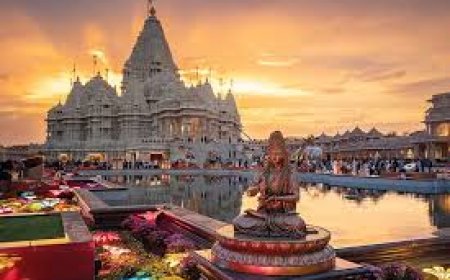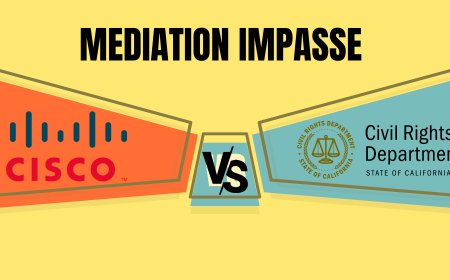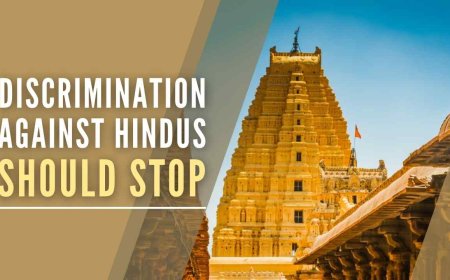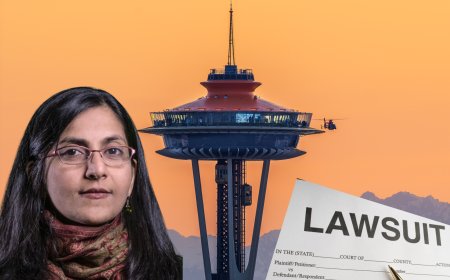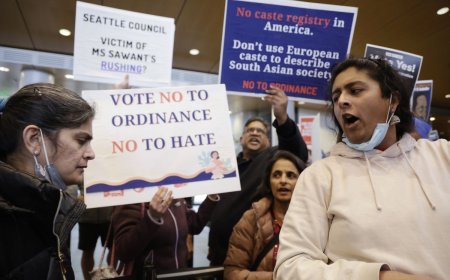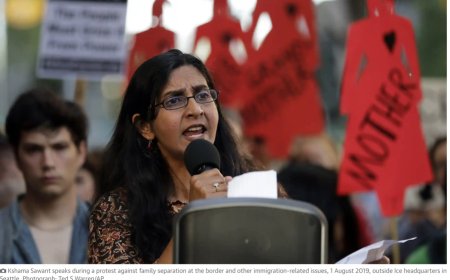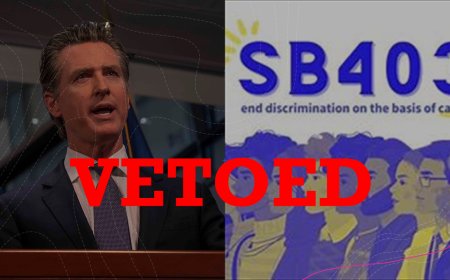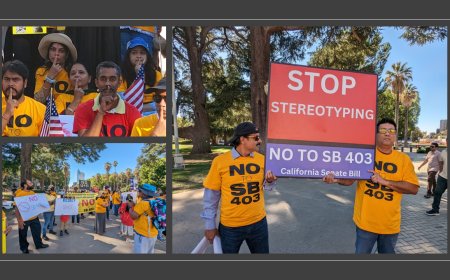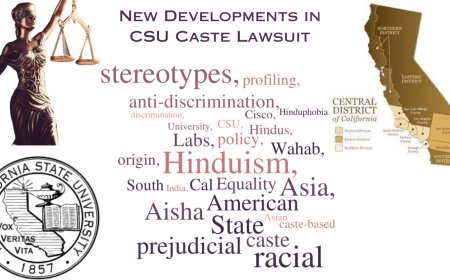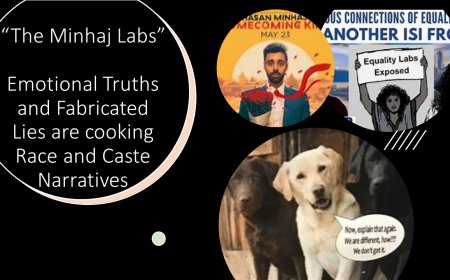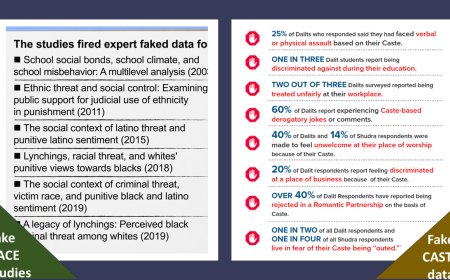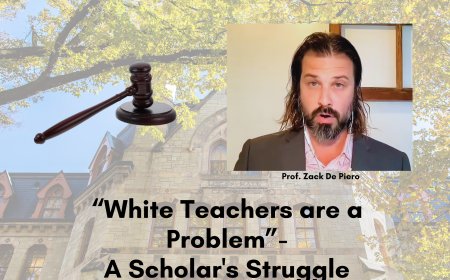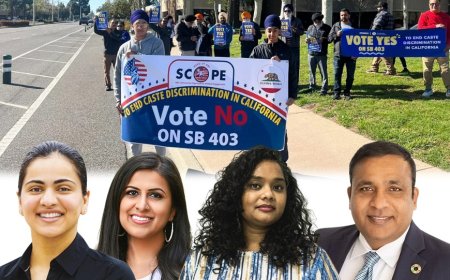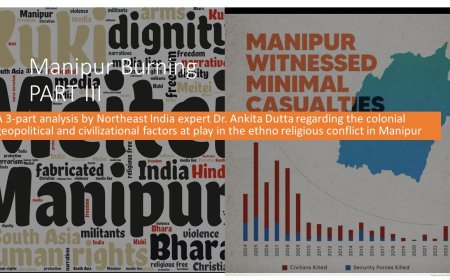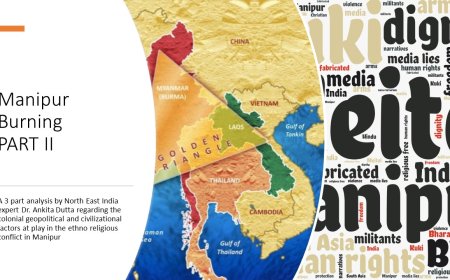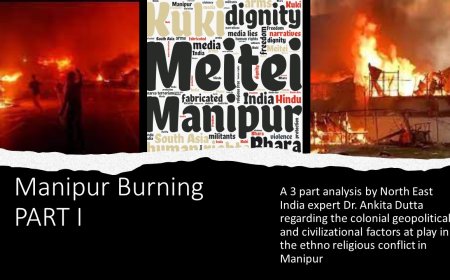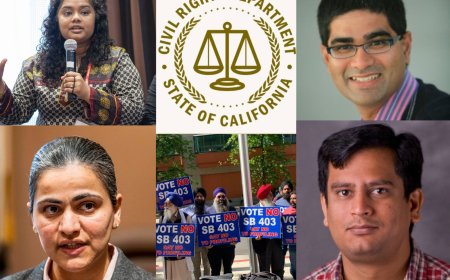CAA, Caste and Religious Persecution in Pakistan
A controversial film 'Thrust into Heaven' has landed much criticism from viewers for trying to whitewash abduction and gang rapes of underage girls of Hindu, Sikh, and Christian faith in theocratic Pakistan. The film glosses over institutionalized crimes committed in the name of religion while trying to find an alibi and blaming other religions.
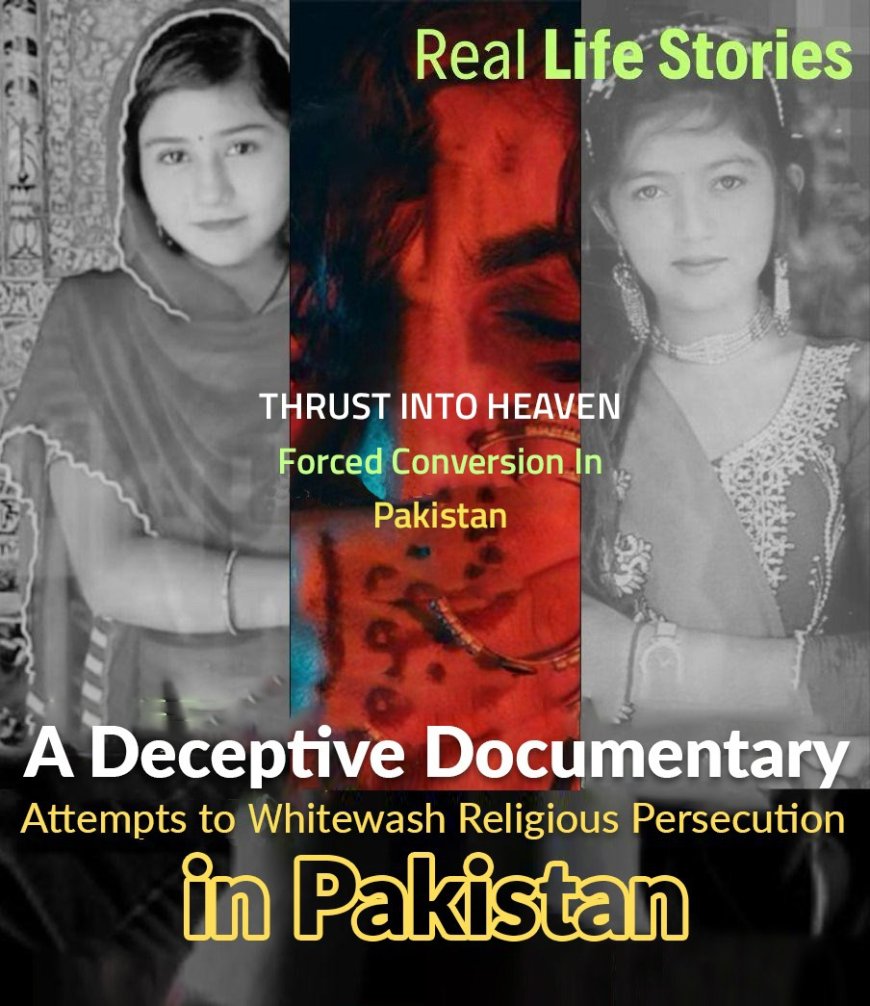
A deceptive documentary on Pakistan should be banned for promoting pedophilia. But that is just one of the problems with it.
The hauntingly innocent face of little Chanda Maharaj stares at us from the film poster. Her tears that dominated news and social media, two years ago should never be forgotten or wiped through fake narrations. She was abducted, forced to convert to Islam, and then raped repeatedly by her abductor Shaman Magsi Baloch before being put in a Karachi shelter house for girls. Now she is married to him, chained for life. She was never returned to her Hindu parents despite their appeals for justice. The Pakistani Courts which follow Shariah, handed her back to her kidnapper while her parents wept uncontrollably.
This is the state of Hindu, Sikh, and Christian girls in Pakistan, where three or more girls are subject to forced conversions every single day. Social media posts of mostly Hindu and Christian girls forcefully kidnapped are viral every day, yet the police and judges tacitly support this crime providing no redressal.
In feudal Pakistan, where these poor minorities are bonded laborers working for ‘seypi’ or a small portion of the harvest - slavery still exists. Recently, an entire village of Hindus converted to Islam to stop being deprived of water supply, electricity, and ration items.
The advent of an innocuous refugee law in India called the CAA, has put the spotlight on this religious persecution in Pakistan giving it a global platform
Citizenship Amendment Act or CAA
Those who haven't heard of the Global Debate on the Citizenship Amendment Act of 2019 (CAA) must live in the Himalayan caves or the harem of the notorious Mian Mithu in Sindh, Pakistan.
CAA can go down in history as the most misunderstood amendment as global “social media experts” give their freewheeling opinions on both sides of the debate. CAA, -an amendment to India’s Citizenship Act of 1955 is a follow-up to the post-partition arrangement between India and Pakistan, where both states promised to protect their minority religions after partition.
While India kept its promise, Pakistan reneged and saw the drastic loss of minority religions, who were oppressed, killed, forcibly converted, and eventually fled to India as a last recourse. All that the CAA does is extend the cutoff date of arrival from 1955 to 2014 because Pakistan dishonored the pact and persecution never ended in Pakistan. The endless Pakistani refugees who lived in forsaken camps in remote corners of India with strenuous surveillance and suspicion will get their human rights and an accelerated citizenship process.
80% of the minorities in Pakistan are Dalit communities fleeing flee rapes, deaths, and bonded slavery to come to India where there are special provisions to support affirmative action for Dalits once they become citizens.
Given that the CAA has exposed Pakistan and its oppressed minority on a worldwide scale, the timing of "Thrust in Heaven" is perfect since it uses a thinly disguised narrative to whitewash a criminal situation by referring to the conversions as voluntary.
CAA and Dalits
While India has uplifted its Dalits and helped them reach important positions in society, Pakistan has purposely left them to hang and dry with the seypi system and treating them as untouchables or Najis. The army regularly advertises sanitation workers should be non-Muslims which is a display of egregious discrimination. There is rampant untouchability as Hindus and Christians are called Najis or unclean in Pakistan.
In 2010 Asia Bibi a Christian woman in Pakistan was charged with blasphemy for attempting to drink from a water well meant for the majoritarian population and was sentenced to death. This reached the notice of the Western world. Pakistani politician Salman Taseer played the intermediary in 2011 to allay Asia Bibi’s sentence. He was shot dead by his bodyguard in broad daylight on a public square.
Such is the corrupt system and Jungle law in Pakistan, which relies on feudalism, gang lords, and draconian blasphemy laws that can target any non-Muslim with death. So-called holy men like Mian Mithu have their armies and they function as conversion factories for little girls who are then brought to his infamous “harem” of sex slavery.
Yet here we have a documentary that links the rampant conversion of Hindus not to egregious religious discrimination and 'Najis' but to the Caste System. In a country where minority religions are considered Najis or untouchables with rising blasphemy deaths and lynchings -this documentary tries to pin the blame for conversions on Hindus and Brahmins, even though barely any Brahmins are left in theocratic Pakistan.
The film unabashedly shows a Brahmin girl willfully accepting Islam saying no one is pressuring her when most of these girls end up in brothels and are often speaking at gunpoint after enough fear has been instilled in them.
The aforementioned Miya Mithu who is banned from entry in the UK and condemned by the UN, is depicted in the film as a saint and savior. Reputed filmmaker and prominent Indian American Raj Patel expressed shock at Mian Mithu’s portrayal as a kind-hearted saint “regularly approached by Hindus for conversions as a) they feel safer in Islam, b) their wife would be safe, and nobody would bother her 3) it feels better to be in majority vs minority and so on.”
The movie decides to completely ignore the forced conversion, the abductions, gang rapes, the third child brides of 50-year-old syndrome, the selling of these girls to prostitution rings, and even the illicit organ trade carried out in some parts of Pakistan.
Instead, it tries to show a professional interview process before conversions asking them questions like, a) Why do you want to convert to Islam? 2. Did anyone force you? While eager beaver candidates declare their willingness and thus whitewash the criminal conversion racket.
Not Forced but “Thrust into Heaven” Due to Hindu Caste System?
The documentary looks at conversions of Hindus in Pakistan, as a problem with Hinduism, ignoring that Sikhs and Christian girls are trapped in equal opportunity minority persecution. Of course, it is easy in Pakistan to find a Hindu lady blaming the media for dubbing this happy moment as forced conversion.
As a practicing Hindu, she abhors Hinduism and blames not just the media but her own faith i.e. ills of Hinduism like Brahmins, Caste system, and self-centered Hindus who refuse to help each other.
The bubble of lies can easily be burst by switching geographies. In the UK the grooming gangs have followed similar patterns of gang rapes by Pakistani men whose identity is morphed as ‘South Asian.’ 804 Pakistanis were jailed for the notorious grooming gang scandal that gang raped and abused a million UK girls over a decade. Many of them were Sikhs who were trapped in a grooming program termed K to K or from Kaur to Khan.
In conclusion, the cover has been blown due to CAA and social media, and Pakistan’s egregious violation of girls of minority faiths cannot be hidden behind deceptive documentaries or blamed on Hinduism.
Chanda Maharaj who was returned to her kidnapper last month in February 2024, should haunt us forever and her tears should be the salt in our wounds that should not heal until this injustice is cured. It is time to address this issue not just via CAA but via Human Rights interventions to bring medieval Pakistan into the 21st Century.

